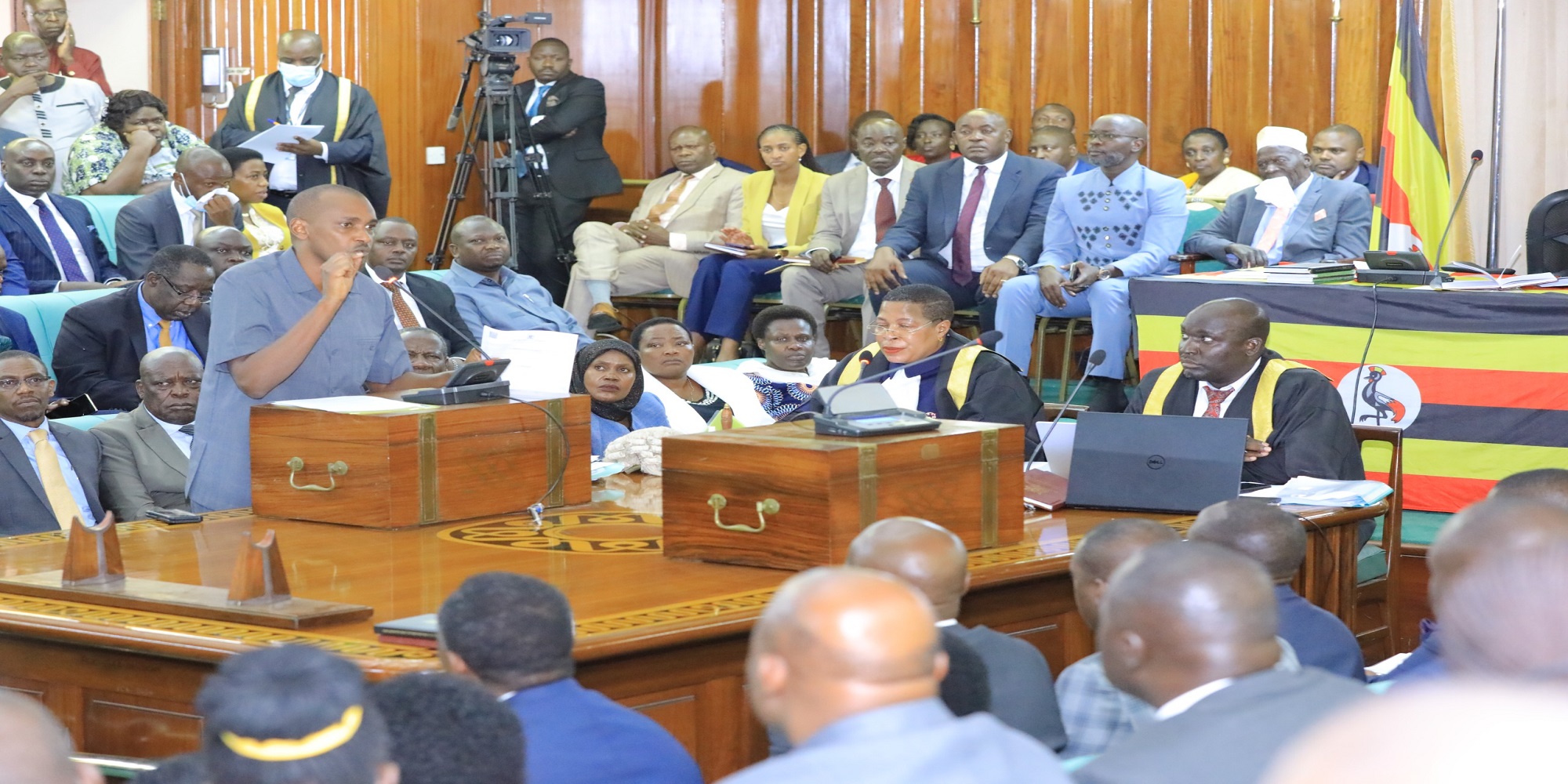
Franco Tumuhimbise
The Uganda Revenue Authority (URA) is currently facing a backlash from traders across the country who have staged a sit down strike as a result of the recently introduced Electronic Fiscal Receipting and invoicing System (EFRIS).
EFRIS was was popularized through the “Mpa E-receipt yange” campaigns in various media fora. For starters and to put the record clear, EFRIS is not a tax but a tax compliance mechanism meant for, among other important roles, fast tracking refund claims since the information is already available in the system, improved taxpayer record keeping, having pre-filled returns and easy tracking of transactions by taxpayers.
The EFRIS system does not only benefit taxpayers but also URA as a tax body. On URA’s part, EFRIS enables URA to detect suppression of sales, avoid non-remittance of Valuable Added Tax(VAT), verifying VAT refund and claims and “formalising” the evidently large informal sector.
EFRIS is therefore not a tax and will not metamorphose into one. It is rather a system that enables business operators to transact and manage the issuance of e-receipts and e-invoices in real time to simplify all business transactions and their management.
I have heard many stakeholders blaming URA that it did not carry out the necessary sensitization. This is not true. The “Mpa e-receipt yange” campaigns was carefully thought about, planned, implemented and cascaded in a manner that far much went over the usual sensitization campaigns. This was followed by radio talk shows and tax hubs led by URA’s tax education teams.
This was further buttressed by serious advertising both in the print and mass media. Keeping other factors constant, which are hereinafter discussed, URA cannot be faulted for introducing a system without clearly senstising the taxpayers. URA has therefore done it’s best in the circumstances.
The events unfolding however show that, perhaps, this sensitization did not reach to the “downtown” and at times “indifferent” trader who never took the message seriously until the consequences hit in. To bring everyone on board and to bring this impasse to an end, we can only reach a consensus that the EFRIS sensitization should be reinvigorated and extended such that every trader comes to understand the spirit behind the EFRIS implementation.
This does not mean that sensitization gaps are only the cause of the EFRIS/traders’ strike. There are also other factors. We all know that all taxes ever imposed hardly get a soft landing on the ground of taxpayers! Taxes are traditionally and legally compulsory and non-quid pro quo(you are supposed to pay them without regard to the services arising therefrom).
This does however mean that taxes should be unfair, uneconomical and excessively burdensome. We cannot run away from the fact that some traders are intentionally using the EFRIS system as a scapegoat and excuse to become non-compliant.
They understand that EFRIS is not a tax but they, knowingly, call it tax to get social or call it commercial “capital” to confuse other innocently unaware or “yet-to understand” EFRIS traders. As earlier explained, EFRIS helps a great deal in counteracting suppression of sales, non-remittance of VAT and in verifying VAT claims and refunds.
As a way to avoid EFRIS in tracking the aforesaid transactions, it is clear that the traders who do not want to have their transactions tracked and formalized for purposes of compliance are using all sorts of excuses and misinformation in order to pour cold water on the good efforts by URA to implement EFRIS as a taxpayer compliance system.
This explains why Kampala City Traders Association (KACITA) and Federation of Uganda Traders Association (FUTA) were at first divided over the EFRIS issue but later decided to “stand together” as a result of the “bandwagon” effect.
There is need for a multi -stakeholder and a multi-pronged approach that will benefit not only Government/URA but also the taxpayers/traders. URA and the Government especially the Ministry of Finance and Economic Planning, the State House Investors Protection Unit, the Media Center and other relevant fora must continually and vigorously carry on the EFRIS campaign on using all available spaces, tax education hubs, pressers, print and mass media, social networks, brochures among others.
In addition, KACITA and FUTA and other trader associations must reign on on their traders who are misrepresenting the good intentions of EFRIS by calling it “another tax” and using the false impression to achieve their selfish gains to avoid compliance. Finally, there is an urgent need for open discussions and negotiations between the stakeholders especially between the Government and the traders.
I am happy to note that President Museveni is looking forward to meeting the traders this Friday the 19th of April 2024. We have also seen the Commissioner General of URA, John Musinguzi Rujoki and his team meeting traders and ably and exhaustively explaining EFRIS matters on several fora.
The ministers and other government officials have also done their best and came up with a Memorandum of Understanding (MoU) of sorts. These are steps on the right direction and such should be done untill the matters of contention are hand are fully resolved. At the end of the day, we all need to put our heads together.
The government cannot do without taxpayers and the taxpayers, likewise, need government policies to thrive in their businesses. Let’s also note that in sit-down strikes like this, all of us are negatively affected. The boda boda riders have no business and a retail trader from Kisoro will lose out after finding shops closed in Kampala.
This in turn means that a consumer upcountry will go without most basic needs. As we speak now, the Government is losing billions of government revenue at a critical time as this towards the close of the quarter. This will inevitably negatively impact the last quarter revenue collection report.
The strike therefore has a spiral effect on almost all sectors of the economy. Unless we look for a pragmatic solution to this misunderstanding, we all stand to lose. This trend must be nipped in the bud as we build Uganda together.
The writer is an Advocate of the Courts of Judicature with interest in taxation Law and a former Compliance Officer with URA










